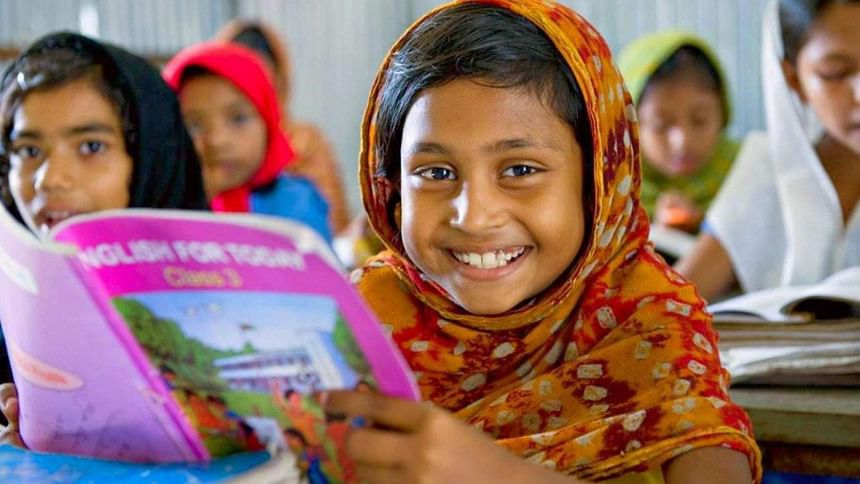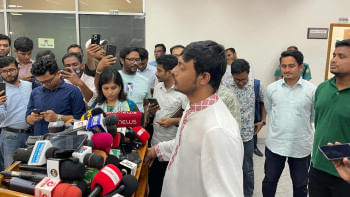Success in Human Capital Index

We are happy to learn that Bangladesh has outperformed its largest South Asian neighbours, India and Pakistan, in the World Bank's Human Capital Index. The ranking, as the World Bank puts it, measures the human capital that a child born today can expect to attain by his or her 18th birthday depending on the condition of health and education sectors of a particular country where he or she lives. Bangladesh's progress has also outpaced both the South Asian average and lower-middle-income average in all but one criterion.
We recognise hard works and contributions of all stakeholders concerned, in spite of numerous constraints.
While we performed better than most of our neighbours, there's no room for complacency. We still lag behind countries like Sri Lanka that has done an impressive job in terms of having quality education and healthcare for its kids, thus, allowing them to unlock greater potentials than any of their South Asian counterparts.
In addition, Bangladesh's performance in tackling stunting—impaired growth and development of children—is also a matter of concern. A robust government intervention is needed to ensure that children receive sufficient and proper nutrition in their earliest age.
Despite our success, we have more work to do in order to allow our children to achieve their full potential. We have to invest heavily in our vast human capital by improving our healthcare, education and training systems, thus, preparing them in a better way for the challenges that they would face later. Our leadership should understand that such investment never fails to yield proportionate benefits.

 For all latest news, follow The Daily Star's Google News channel.
For all latest news, follow The Daily Star's Google News channel. 




Comments